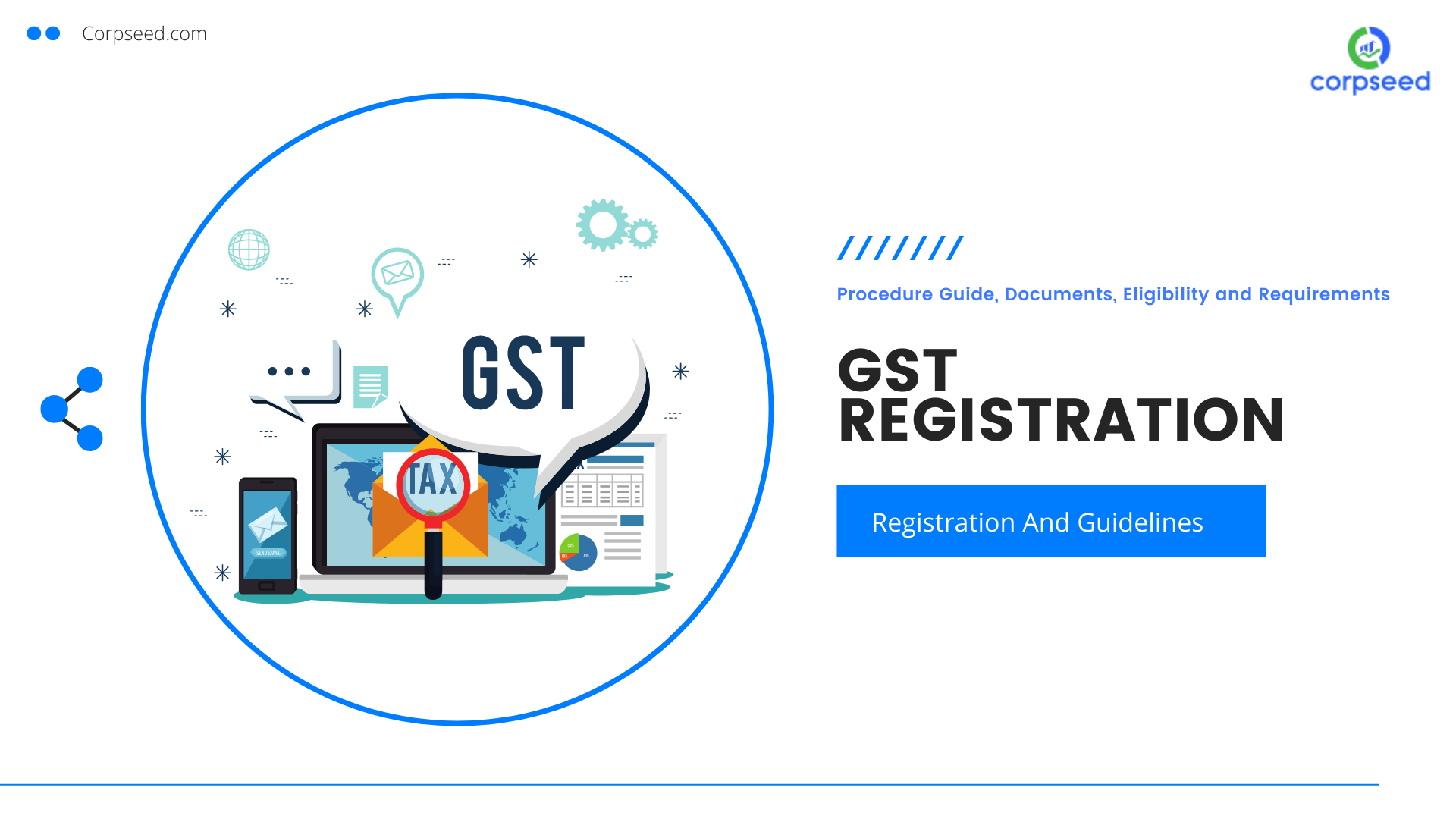Complete Checklist for Effective Singapore GST Registration
Complete Checklist for Effective Singapore GST Registration
Blog Article
The Ultimate Guide to Streamlining the GST Registration Process and Requirements for Small Company Owners

Understanding GST Essentials
To realize the fundamentals of the Goods and Services Tax (GST) system, tiny business owners have to initially understand its underlying principles and implications. Under the GST program, companies are required to collect and sign up tax obligation on part of the government, ensuring openness and compliance.
One of the crucial concepts of GST is input tax credit rating, which enables organizations to assert credit history for tax obligations paid on their acquisitions. Understanding these standard concepts is crucial for small business owners to navigate the complexities of the GST system and ensure compliance with the regulation.
Eligibility Criteria for Registration
Having developed a fundamental understanding of GST principles, local business owners have to currently fulfill particular eligibility criteria to wage the enrollment procedure. In India, entities took part in the supply of goods or services with an annual aggregate turn over going beyond Rs. 40 lakhs (Rs. 10 lakhs for unique group states) are required to sign up for GST. Furthermore, certain services such as those associated with inter-state supply of products, informal taxable individuals, and those needed to pay tax under the reverse charge mechanism must sign up for GST irrespective of their turnover. Businesses that were registered under the previous tax regime (BARREL, solution tax, etc) are also mandated to sign up under GST. However, agricultural organizations that only supply produce out of key manufacturing are excluded from GST registration. It is critical for company owner to carefully evaluate their eligibility based upon these requirements to guarantee compliance with the legislation and avoid any kind of fines for non-compliance.
Files Needed for GST Registration

Simplified Enrollment Process Steps
Following the collection and verification of the requisite documents, the enrollment process for GST can be navigated with a collection of simplified actions created to facilitate efficient conformity for local business proprietors. The very first step involves going to the GST site and selecting the 'New Registration' choice. Consequently, the candidate needs to complete Part A of the GST REG-01 kind with details such as frying pan, mobile number, and email address to get an OTP for verification. Once the OTP is obtained and gone into, a Short-lived Recommendation Number (TRN) is created for more proceedings. The next action requires filling up out Component B of the type with required company details, publishing supporting files, Going Here and finishing the verification process making use of DSC or EVC. Upon successful verification, an Application Reference Number (ARN) is provided, suggesting the completion of useful link the GST enrollment process. By complying with these simplified steps, small company owners can efficiently sign up for GST and ensure conformity with tax policies.
Tips for Ensuring Compliance
To preserve regulatory adherence and operational stability, thorough oversight and proactive actions are critical in making certain compliance with GST requirements for small company proprietors. Small organization proprietors need to stay upgraded with GST laws, filing deadlines, and any modifications in tax prices to stay clear of charges and preserve an excellent standing with tax obligation authorities. One vital suggestion for compliance is to keep detailed and exact records of all transactions, including costs, receipts, and billings associated with GST. Routinely reconciling economic records with GST returns can assist in identifying and remedying any type of disparities quickly. Additionally, performing periodic internal audits or looking for specialist assistance can make certain that the service is complying with all GST rules correctly. It is likewise crucial for small company proprietors to purchase GST-compliant audit software that can enhance the tax obligation filing procedure and reduce errors. Last but not least, going to GST awareness workshops or training programs can improve understanding and conformity with GST laws, eventually profiting business in the future.
Conclusion
To conclude, small company owners must comprehend the essentials of GST, fulfill the eligibility standards, gather needed files, and comply with the streamlined enrollment procedure steps to guarantee conformity. By simplifying the GST enrollment process and requirements, small organization proprietors can avoid penalties and operate their businesses smoothly within the lawful structure - Singapore GST Registration. It is critical for small service proprietors to stay compliant and enlightened with GST guidelines to maintain an effective business operation
Small business owners seeking GST registration should guarantee they gather and send the needed files to finish the enrollment procedure successfully. The files required for GST enrollment commonly include evidence of organization enrollment or incorporation, FRYING PAN (Irreversible Account Number) card of check my site the company identification, address and entity proof of the promoters/partners/directors, photos, address evidence of the place of company, financial institution account declarations or terminated cheques, and authorization kinds. Going to GST awareness workshops or training programs can enhance understanding and conformity with GST policies, eventually benefiting the organization in the lengthy run.
By simplifying the GST enrollment procedure and demands, tiny service proprietors can stay clear of penalties and operate their businesses efficiently within the legal structure. It is critical for tiny service proprietors to remain informed and certified with GST regulations to maintain an effective organization operation.
Report this page